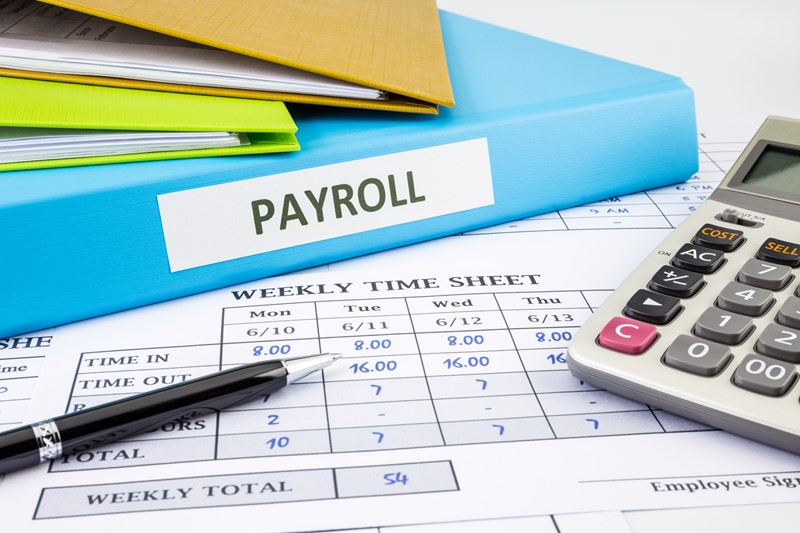HMRC’s internal manuals consider the reliefs available where there is an exchange of joint interests in land.
The manuals state that:
The exchange of interests in land which are jointly owned by two or more persons constitutes a disposal by each owner for Capital Gains Tax purposes. In some cases, the exchange is made simply to rationalise the ownership of the land and to make it easier to deal with. The exchange may give rise to a charge to Capital Gains Tax or Corporation Tax on Chargeable Gains, and this is the case even where no money changes hands.
An Extra-Statutory Concession (ESC) – ESC/D26, published in 1984 provided relief in relation to these types of disposals but was withdrawn in April 2010. The ESC was replaced by a modified relief for exchanges on or after 6 April 2010. This relief is provided by way of TCGA1992/S248A-E in the form of roll-over relief in certain circumstances to facilitate rearrangements of holdings of land.
There are five separate conditions that must be met to claim roll-over relief under the applicable legislation. Where the relevant conditions are met then a landowner can make a claim for roll-over relief.












